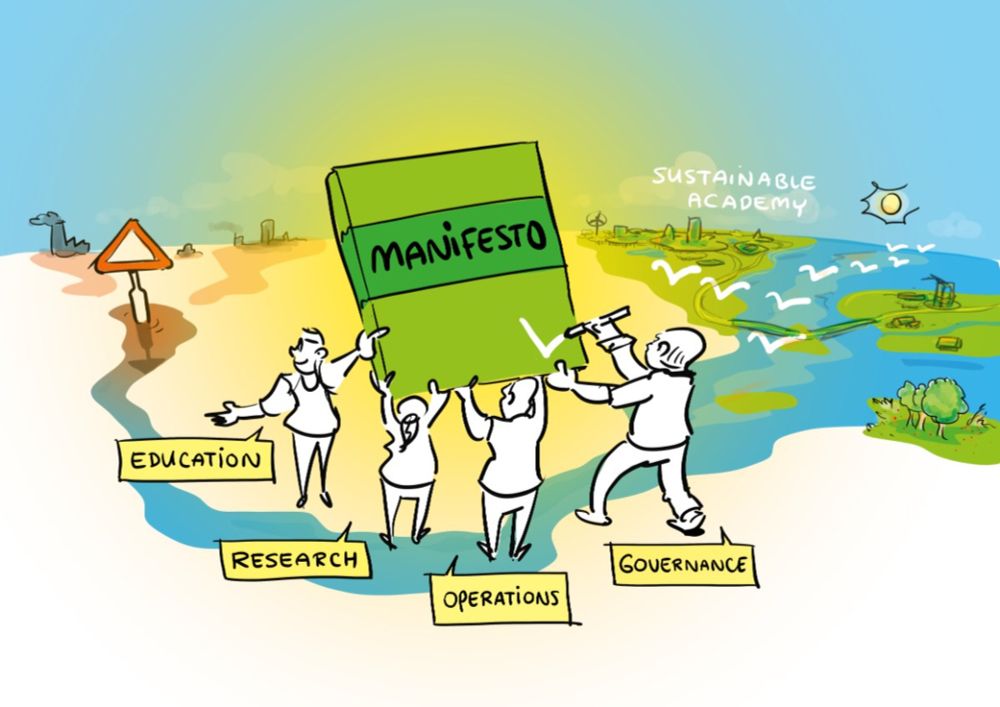
Researcher @ StockholmUni + Donders + Swedish Collegium
environment effects -> cognitive and neural dev

Possibly it was seen as narrow in scope, yet education has one of the largest confounded effects with aging biomarkers. If this is happening for education... Mediterranean diets, etc watch out.
Possibly it was seen as narrow in scope, yet education has one of the largest confounded effects with aging biomarkers. If this is happening for education... Mediterranean diets, etc watch out.

journals.sagepub.com/doi/10.1177/...

journals.sagepub.com/doi/10.1177/...
Our paper is (to my knowledge) the first natural experimental design on telomeres.
Our paper is (to my knowledge) the first natural experimental design on telomeres.
arstechnica.com/ai/2025/06/a...

arstechnica.com/ai/2025/06/a...
direct.mit.edu/rest/article...

direct.mit.edu/rest/article...
doi.org/10.1017/pan....
doi.org/10.1017/pan....
www.nature.com/articles/s41...

www.nature.com/articles/s41...

